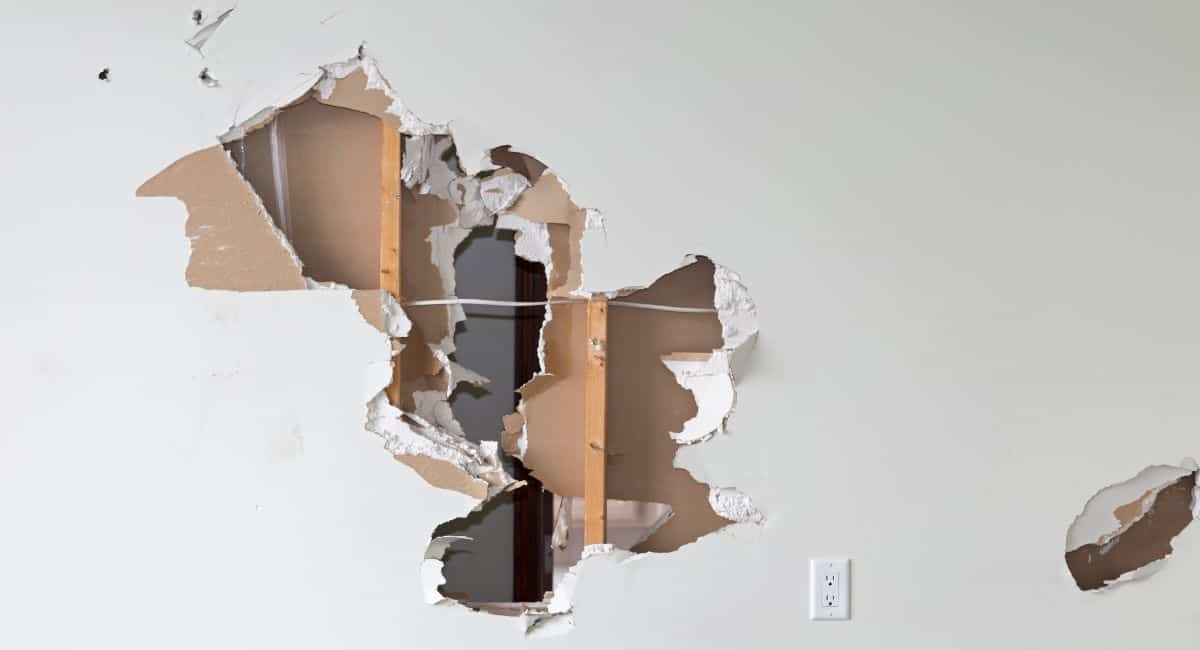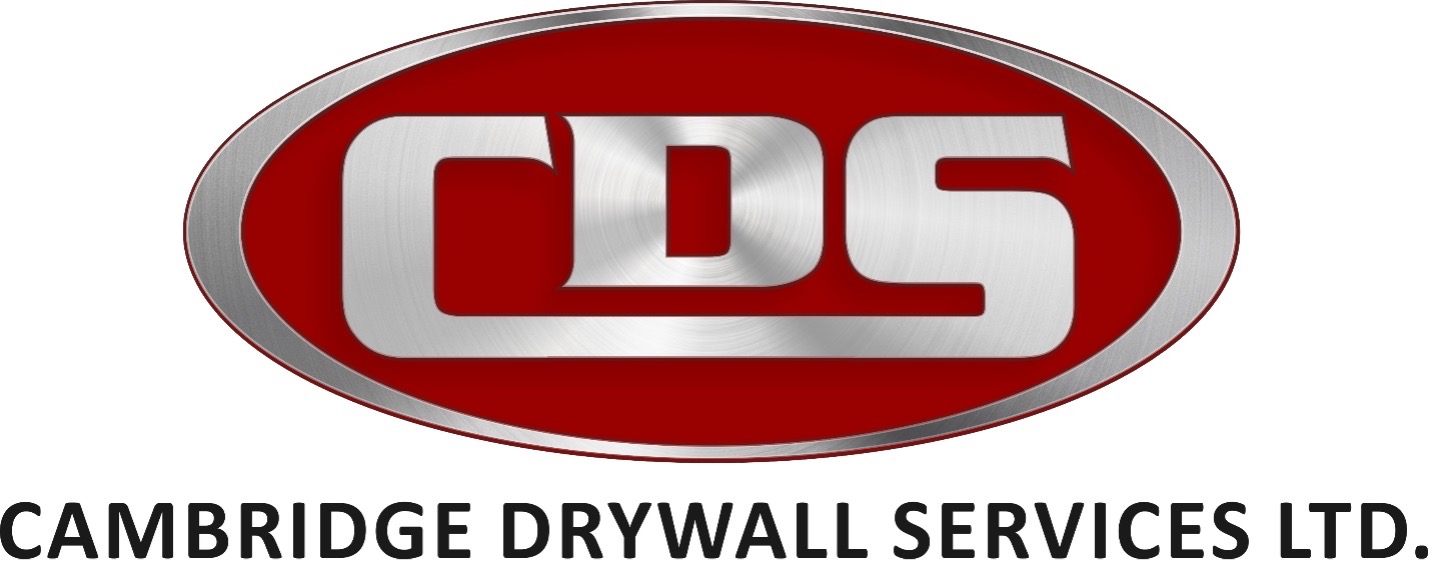
When to Replace vs. Repair Drywall: A Guide for Cambridge Property Managers
Drywall is a crucial element of every commercial building. Whether it forms office walls, condo hallways, or large lobby spaces, its condition directly impacts aesthetics, structural performance, and safety. For Cambridge property managers, knowing when to repair versus replace drywall can prevent further damage and save thousands in long-term costs.
This guide helps you understand the warning signs, analyze the benefits of each option, and make smart, timely decisions that preserve your property value.
Understanding the Scope of the Problem
Before deciding to repair or replace drywall, property managers must first assess the extent of the damage. Not all issues require full replacement. Some can be resolved quickly and cost-effectively with a skilled patch job. However, others demand more extensive intervention.
Common causes of commercial drywall damage include:
- Water leaks or flooding
- Foundation settling or shifting
- Mold or mildew growth
- Physical impact (e.g., furniture or equipment collisions)
- Poor original installation
Minor dents, surface cracks, and small holes can usually be repaired. But once damage becomes widespread or involves structural compromise, full drywall replacement becomes the smarter option.
Repair: Ideal for Minor and Isolated Damage
If drywall issues are limited in scope and the underlying structure remains sound, a professional repair is often the best choice. Efficient drywall repair in Cambridge can restore your space without costly reconstruction. This is especially useful in high-traffic buildings where time and minimal disruption are priorities.
Key scenarios where repair is ideal:
- Small cracks from humidity or minor settling
- Isolated dents or holes caused by door handles or office equipment
- Water damage that hasn’t spread or impacted insulation
- Nail pops or seams showing through paint
In these cases, an experienced contractor like Cambridge Drywall Services can patch, sand, and repaint the area so it blends seamlessly into the surrounding wall.
Additionally, for commercial clients with tight timelines, repairs offer a faster turnaround. Replacing an entire section or wall panel often takes more labor, permits, and scheduling.
When It’s Time to Replace the Drywall
There are situations when repairs won’t hold up or are no longer cost-effective. If the drywall has been compromised by moisture, mold, or repeated damage, it’s likely beyond patching. Replacement not only improves appearance, but also ensures a safe and healthy work environment.
Drywall replacement is often the better choice when:
- The drywall is soft, crumbly, or sagging
- Mold or mildew is visible and widespread
- Fire or water damage has compromised the core of the sheetrock
- The framing underneath is also affected
- There are multiple areas of damage in the same wall or ceiling section
For large-scale properties, damaged drywall in common areas can affect tenant satisfaction and property value. Investing in full replacement may seem costly upfront, but it ensures longer durability and lower future maintenance costs.
For a closer look at our drywall installation services, visit Cambridge Drywall’s residential drywall installation page.
Weighing the Cost: Repair vs. Replacement
One of the biggest questions property managers face is cost. Repairs may be less expensive initially, but repeated fixes over time can add up — especially in older buildings. On the other hand, replacement has a higher upfront cost but delivers long-term durability.
Consider these comparisons:
- Repairs: Lower material and labor costs, faster completion, minimal disruption.
- Replacement: Higher initial cost, more downtime, better long-term performance.
Let’s say a commercial hallway has repeated bubbling and cracking from past water damage. You’ve repaired it twice in three years. Instead of spending more on recurring fixes, replacing the drywall and addressing the underlying issue (e.g., poor insulation or leaks) prevents further problems.
Also, in LEED-certified or energy-efficient buildings, replacing damaged drywall can support better air quality and performance standards.
To learn more about full drywall installs, visit our drywall installation service page.
Call to Action
Cambridge Drywall Services specializes in both drywall repair and replacement for commercial and residential properties. Our team helps Cambridge property managers assess damage, find the most cost-effective solution, and execute projects quickly and cleanly.
If you’re unsure whether your drywall needs replacement or a simple repair, we’re happy to provide a professional inspection.
Contact us today for a free quote. Call (519) 624-1575 or email info@cambridgedrywall.com. You can also reach out online through our contact form.
FAQs: Drywall Repair vs. Replacement
- How do I know if the drywall has mold inside it?
You may notice a musty odor, discoloration, or soft, damp areas. A professional inspection can confirm hidden mold. - Can I repair drywall myself, or should I hire a professional?
Minor cosmetic issues can sometimes be DIY projects, but commercial repairs should always be handled by professionals to ensure code compliance. - Is drywall replacement disruptive to tenants?
Our team works around your schedule to minimize noise, debris, and downtime. We ensure a clean, safe worksite from start to finish.
Cambridge Drywall Services proudly supports local businesses, developers, and property managers throughout the Cambridge region. Whether it’s small repairs or full-scale replacements, our solutions are tailored to your needs, timeline, and budget.
